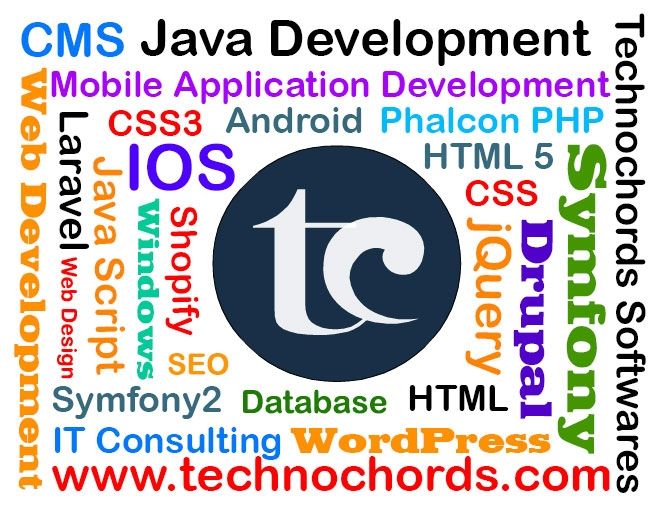- What is Linux ?
Linux open source operating system, or Linux OS,
developed by Linus Torvalds is a freely distributable, cross platform operating
system based on UNIX that can be installed on PCs, laptops, netbooks,
mobile that can be installed on PCs, laptops, netbooks,
mobile and tablet devices, video game consoles, servers, supercomputers and
more.
The Linux OS is frequently
packaged as a Linux distribution for both desktop and server use, and includes
the Linux kernel (the core of the operating system) as well as supporting tools
and libraries. Popular Linux OS distributions include Debian, Ubuntu, Fedora, Red Hat
and openSUSE.
- Linux vs Windows
|
Linux
|
Windows
|
|
|
What is it?
|
Linux is an example of Open Source software
development and Free Operating System (OS).
|
Windows is the family of operating system (OS)
from Microsoft, which is the most famous OS in the world.
|
|
User
|
Everyone. From home users to developers and
computer enthusiasts alike.
|
Everyone. From home users to developers and
computer enthusiasts alike.
|
|
File system
|
Ext2, Ext3, Ext4, Jfs, ReiserFS, Xfs, Btrfs, FAT,
FAT32, NTFS
|
FAT, FAT32, NTFS, exFAT
|
|
User Experience
|
Although there are many GUI applications, most of
the work is done through Terminal (a console window), and if a problem
arrises GUI is rarely usable to fix them.
|
Everything can be controlled through GUI and
incompatibility problems are rare.
|
|
Run levels
|
Multilayed run levels
|
Single run level (safe mode)
|
- Difference between Linux and Unix OS
|
Linux
|
Unix
|
|
|
What it is?
|
Linux is an example of Open
Source software development and Free Operating System (OS).
|
Unix is an operating system
that is very popular in universities, companies, big enterprises etc.
|
|
Cost
|
Linux can be freely
distributed, downloaded freely, distributed through magazines, Books etc.
There are priced versions for Linux also, but they are normally cheaper than
Windows.
|
Different flavors of Unix have
different cost structures according to vendors
|
|
Manufacturer
|
Linux kernel is developed by
the community. Linus Torvalds oversees things.
|
Three bigest distributions are
Solaris (Oracle), AIX (IBM) & HP-UX Hewlett Packard. And Apple Makes
OSX, an unix based os..
|
|
Example
|
Ubuntu, Fedora, Red Hat,
Debian, Archlinux, Android etc.
|
OS X, Solaris, All Linux
|
- Advantages of Linux
Cost: The most obvious advantage of
using Linux is the fact that it is free to obtain, while Microsoft products are
available for a hefty and sometimes recurring fee. Microsoft licenses typically
are only allowed to be installed on a single computer, whereas a Linux
distribution can be installed on any number of computers, without paying a
single dime.
Usage: Linux can be installed on
a wide variety of computer hardware, ranging from mobile phones, tablet
computers and video game consoles, to mainframes and supercomputers.
Processors: Dozens of different kinds,
which is limited in Windows.
Security: Linux had about 60-100 viruses
listed till date. None of them actively spreading nowadays.
Software: Software on Linux tends to be
packed with more features and greater usability than software on Windows. Best
of all, the vast majority of Linux software is free and open source. Not only
are you getting the software for no charge, but you have the option to modify
the source code and add more features if you understand the programming
language.










0 comments:
Post a Comment